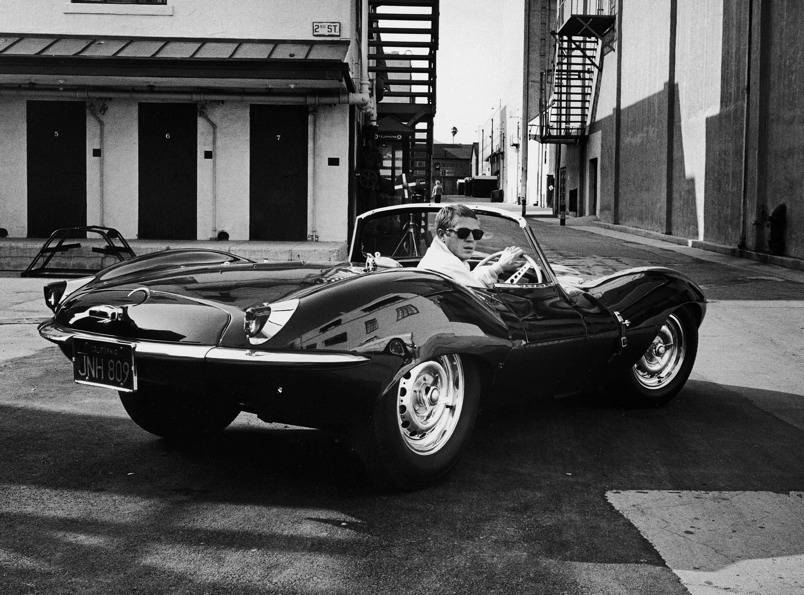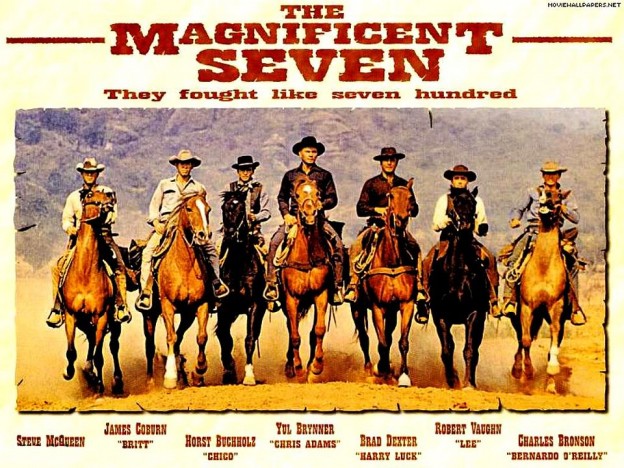Very few movies have ever packed more star power into their two hours than John Sturges’ 1960 Western extravaganza The Magnificent Seven. Featuring a presciently well-chosen collection of actors who would go on to become massive stars, the film is also fascinating for being a remake of Akira Kurosowa’s Seven Samurai with a perfectly logical transformation of milieu from the classic Samurai period of feudal Japan to the Old West of the United States/Mexico border. Highly skilled mercenaries are hired to defend a small, poor village from the depredations of a rampaging bandit and his gang, and Sturges shrewdly swaps swords for six guns even while the plot and characters of the two films remain largely identical. Of course, the ultimate irony is that Kurosowa was in fact striving to emulate a John Ford Western with Seven Samurai, so Magnificent Seven winds up being a Hollywood Western refracted back to its source by way of Japan. But it was Sturges’ singular genius to see how seven huge stars (eight if you count the bandit super villain) could fit together in one action-packed epic.
Sturges had already succeeded brilliantly with several other high wattage blockbusters like Gunfight at the OK Corral, which featured the always sparkling tandem of Burt Lancaster and Kirk Douglas; Bad Day at Black Rock with a one-armed Spencer Tracy being menaced by all-star heavies Robert Ryan, Ernest Borgnine and Lee Marvin; and the WWII action adventure Never So Few, which starred Frank Sinatra, Peter Lawford and Gina Lollabrigida but was stolen by a young Steve McQueen in his breakout film role. Sturges immediately saw McQueen’s potential after the remarkable reaction to his supporting role in Few and teamed him that great bald showman, Yul Brynner, already famous for playing grand exotics like the King of Siam and Pharaoh, as the twin leads for his new project. Continue reading

